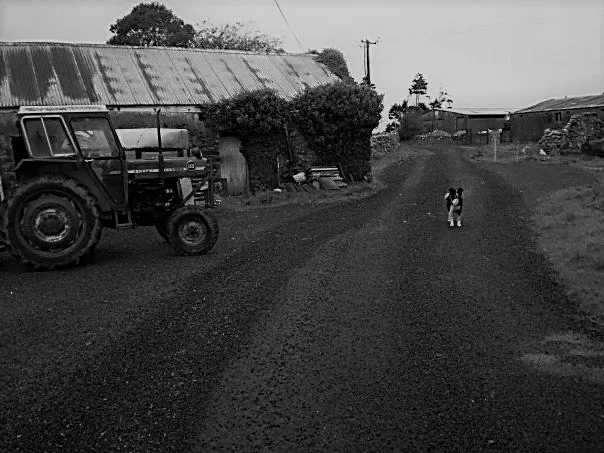We’d passed Neary’s millions of times. It was about halfway between me and Tobin’s place outside our village. We’d often cycle by, either on the way to his house or mine, we loved a good talk about tractors, hay or turf, local football matches on Sunday afternoons. We’d be deep in these chats, freewheeling down the gentle slope alongside the old house, sometimes we’d let go of the handle-bars and hold hands just for the craic, I’d look over the...

Martin Keaveney's stories chronicle life in rural Ireland.
